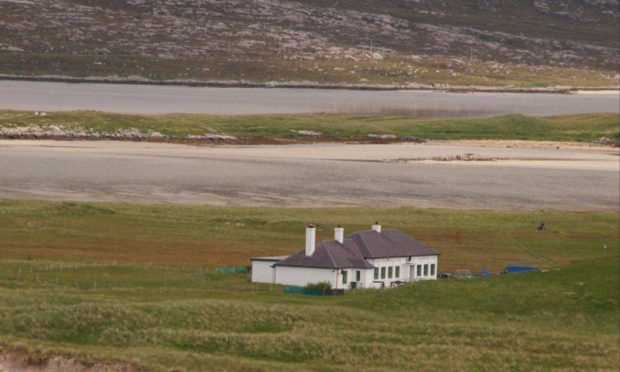The last Outer Hebrides Local Housing Strategy didn’t have all the answers, but it did have a lot of recommendations.
But less than half of the actions were fully achieved, a report by Comhairle nan Eilean Siar shows.
This year, the comhairle are working to produce a new Local Housing Strategy for the Outer Hebrides.
That also means that they’ve released their own report on how successful the last one was.
The 2017-2022 Local Housing Strategy recommended actions that came under three main subjects: independent living, housing supply, housing quality, and homelessness.
Overall, more than half of the actions put forward by the report were not fully achieved.
This reflects the comhairle’s Iain Watson’s observation that the Local Housing Strategies are often “aspirational”.
The section of the strategy targeted towards improving housing quality was the least successful.
Only one of the actions the section recommended – the improved management of empty homes – was achieved.
In focus: empty homes and homelessness
The comhairle’s Empty Homes Project was launched in October 2018, and went above and beyond its targets “by a considerable margin”, the report says.
Since the project’s inception, 179 empty homes have been renovated.
But, despite these successes, figures from the Scottish Government show that the Western Isles still has a long way to go before the problem of empty homes is resolved.
In 2021, there were 22 empty houses per 1,000 people in the Western Isles. That’s more than double the rate across Scotland overall.
And, while these homes stand empty, homelessness remains an issue for the islands.
Homelessness in the Outer Hebrides was at its lowest in over two decades when the Local Housing Strategy was published in 2017.
But, in the coming years, they rose again. The report notes that “number of homeless applications has remained reasonably consistent despite partnership efforts to assist clients”.
Resource issues
For many of the unsuccessful projects, it was a lack of funds that stopped them from coming to fruition.
“Where actions were not achieved, this largely related to resourcing,” the report says.
“There is also the impact of the COVID-19 Pandemic to consider, where working practices and priorities changed and remained constrained for almost two years.”
More local reporting from the Western Isles:

Conversation